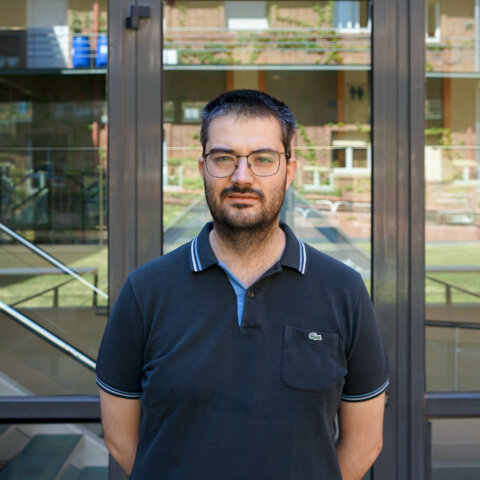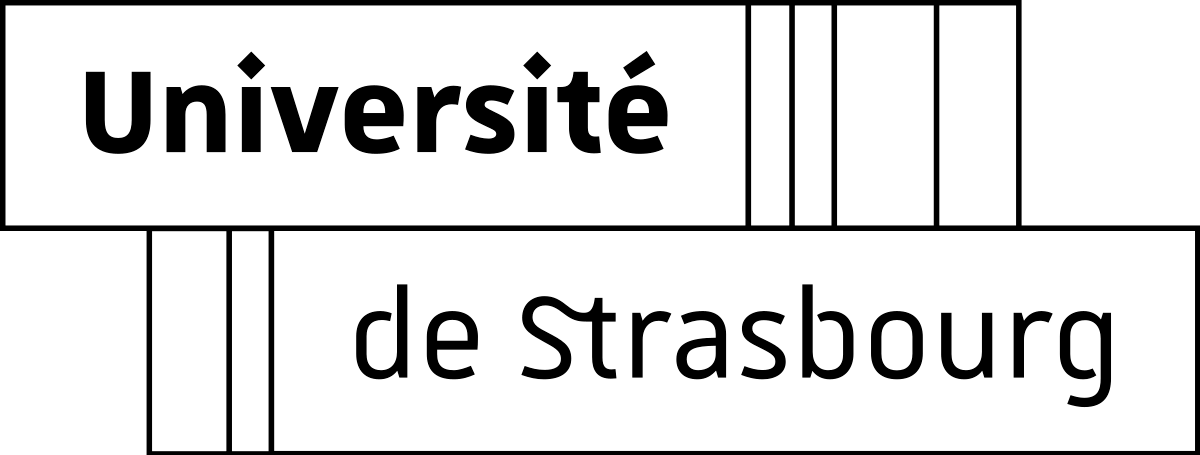FastComet (Future Data Storage Using Colloidal Memory Technology)
Novel colloidal memory concept in which colloidal nanoparticles (NPs) are considered carriers of the data, and by means of the electrodes, applied frequencies and electrophoresis, particles are arranged in specific sequences in the capillaries to store data.
European Union

Multicenter European Project
01/11/2023 a 31/10/2026
282.880€
ACTIVE

In the FastComet project, we aim to establish a proof-of-concept for colloidal memory by identifying suitable nanoparticles, developing nanofabricated test structures, using advanced nanoscopy imaging techniques to demonstrate the selective manipulation of nanoparticles into passive nanocapillary arrays, and establishing a modeling framework for future technology development.
The long-term aim is to develop an integrated device that is able to store data using nanoparticles smaller than 15 nm. This would ultimately result in ultra-high bit densities exceeding 100 Gbit per square millimeter and potentially reaching 1 Tbit square millimeter at a lower cost than existing data storage technologies. Data are being generated at ever-increasing rates with the widespread digital transformation in businesses and society. The continually increasing demand for affordable data storage puts tremendous pressure on storage technologies. FastComet is a colloidal memory concept in which colloidal nanoparticles are considered data carriers. The memory consists of a large array of nanocapillaries in which two types of nanoparticles with antagonistic electrophoresis (DEP) properties can be selectively inserted into the capillary by DEP forces. Data can be stored as the specific stacking sequence of the different particle types. A CMOS circuit at the periphery of the array addresses and controls the electrodes. The long-term aim is to develop an integrated device that is able to store data using nanoparticles smaller than 15 nm. This would ultimately result in ultra-high bit densities exceeding 100 Gbit per square millimeter and potentially reaching 1 Tbit square millimeter at a lower cost than existing data storage technologies.







